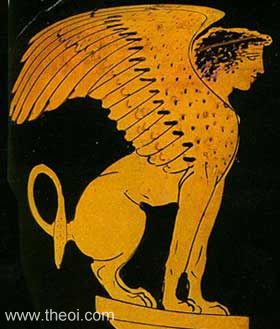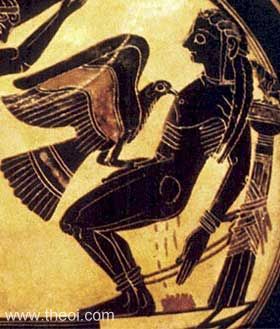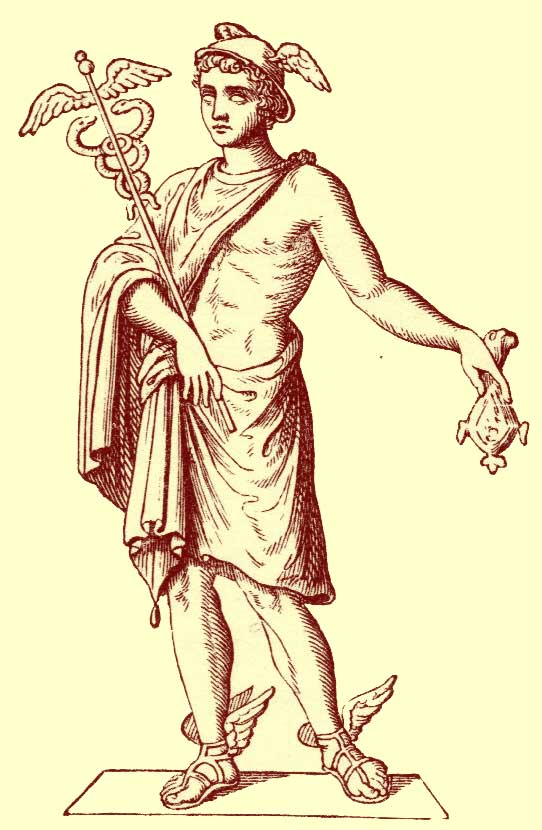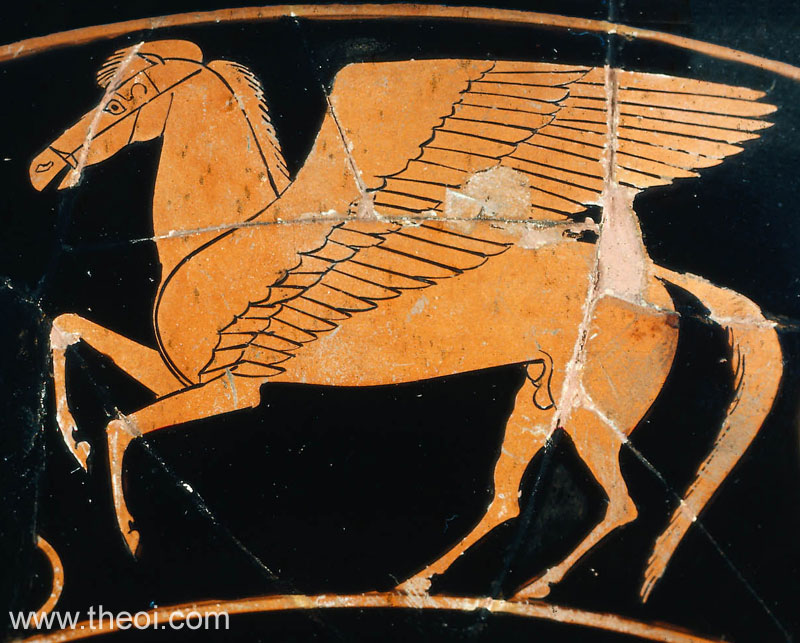If you're Jewish, you might know that the date for Passover is determined by the full moon (since the Hebrew calendar is, I believe, lunar-based and therefore different every year). Correct me if I've got that wrong. But there were some massive, beautiful full moons last weekend if you took the time to notice outside your window.

In honor of the moon, I'd like to talk about Artemis today. Some traditions point to her as the patroness of the moon (although earlier there were a specific god and goddess for the sun and moon, Helios and Selene, that seem to have died out after a time because, well, they were kinda useless apart from being celestial bodies). Other than the moon, she was the goddess of the hunt and of unmarried women.
It was traditional for young Greek brides to make a sacrifice of a lock of hair to Artemis before the wedding ceremony--hoping to appease her as she left maidenhood behind, praying that Artemis would make that journey easier for her.
You might think it curious that Artemis would be the patroness of childbirth, given that she foreswore romantic love and marriage, and generally protects young maidens. The reason, however, is because her mother gave birth to her easily, but was having trouble delivering Apollo, so the infant goddess became her midwife and delivering her own twin. Gotta love Greek myth weirdness, huh?

Now, I know a lot of people really like Artemis--she was popular in Ancient Greek times, too--but I've never really been crazy about her. Sure, she's kind of badass with her archery skills, and she's supposed to be the nurterer of all things and the protector of innocent creatures, but I just don't see eye to eye with her when it comes to romantic love and men. There's nothing wrong with choosing to live a celibate life--I'm not knocking her for that--but to have such contempt for men in general seems a little unfair and like reverse-sexism. Also, I don't like her implication that, in order to be strong, feminist, and independent, you have to actively dislike men, and that you can't fall in love AND be a feminist. I mean, look at all the "strong" women in Greek mythology: Athena? Took a vow of chastity. Hestia? Took a vow of chastity. The Amazons? They have no use for men except procreation. Hera? Well, I guess she's an exception. And one could argue that Aphrodite is strong in her own way because she does, in fact, wield great power, just not in battle.
Now, I'm not saying that Artemis's viewpoint has no basis at all--I can understand why, in patriarchal Olympus, with all these testosterone-fueled heroes and a seriously philandering father, she would feel the need to break away from men a bit. But at least Athena collaborated with and became friends with men--because she knew she was their equal. Artemis seems to think she's BETTER.
To be fair, I am sort of exaggerating Artemis's opinions on men. For one thing, she really does love her twin brother, Apollo, even though they've got some healthy sibling rivalry. (They're always trying to one-up each other's archery skills.) She might feign disdain for him sometimes (he is kind of a playboy), but I think she feels pretty attached to him, and he to her.
In addition, even Artemis has to bow to love sometimes--or just once. Orion, a mortal hunter, one of the handsomest men in the world at that time, captured Artemis's attention. They were comrades, companions of the hunt, friends--and I feel that Artemis truly loved him, though in a gentler, less passionate way than so many of the gods fell in love. I can understand her affection for him because he respected her, showed her deference because she was a goddess, and didn't expect her to fall at his feet just because he's Orlando Bloom-esque. The accounts on this myth really vary depending on the source--some say it was just a platonic love, while others say they were truly in love, but most people agree it was not physically consummated, not even in a kiss. Artemis remained pure. Then Apollo (who had a weird jealousy at that time, probably feeling that no mere mortal was good enough for his sister, and that she shouldn't be with anyone anyways given her dedication to chastity) tricked her into killing Orion. He challenged her to an archery contest and said, "I bet you can't shoot that shape way out in the distance..." You can guess how that turned out.
I'm sure Artemis forgave him in the end, given that, well, you don't get to pick your family members, but it probably took a pretty long time. At least Orion got his own constellation, right? That tends to be the consolation when a mythical person's luck sucked. Anyways, Artemis's beloved hunter gets to watch over the night sky with her.
(Edit) There's a part in Shakespeare's Romeo and Juliet, during the balcony scene, in which Romeo, weirdly desperate to make some sort of promise to Juliet, starts to swear his love by the moon. Juliet stops him and begs him not to--the reason she gives is that the moon is not constant, but ever shifting with the tides, but the real reason she doesn't want him swearing his love by Artemis' symbol is because
she is virgin and foreswears romantic love. So, knowing your myths can help you better understand Shakespeare, and pretty much any other literary writer.
So what do you think of Artemis? Positive feminist heroine, or overzealous Amazon? Do you see her as cold and indifferent, or compassionate and nurturing? I'd like to hear your thoughts. One thing is certain: she, like many of the gods, is not simple or one-dimensional.















